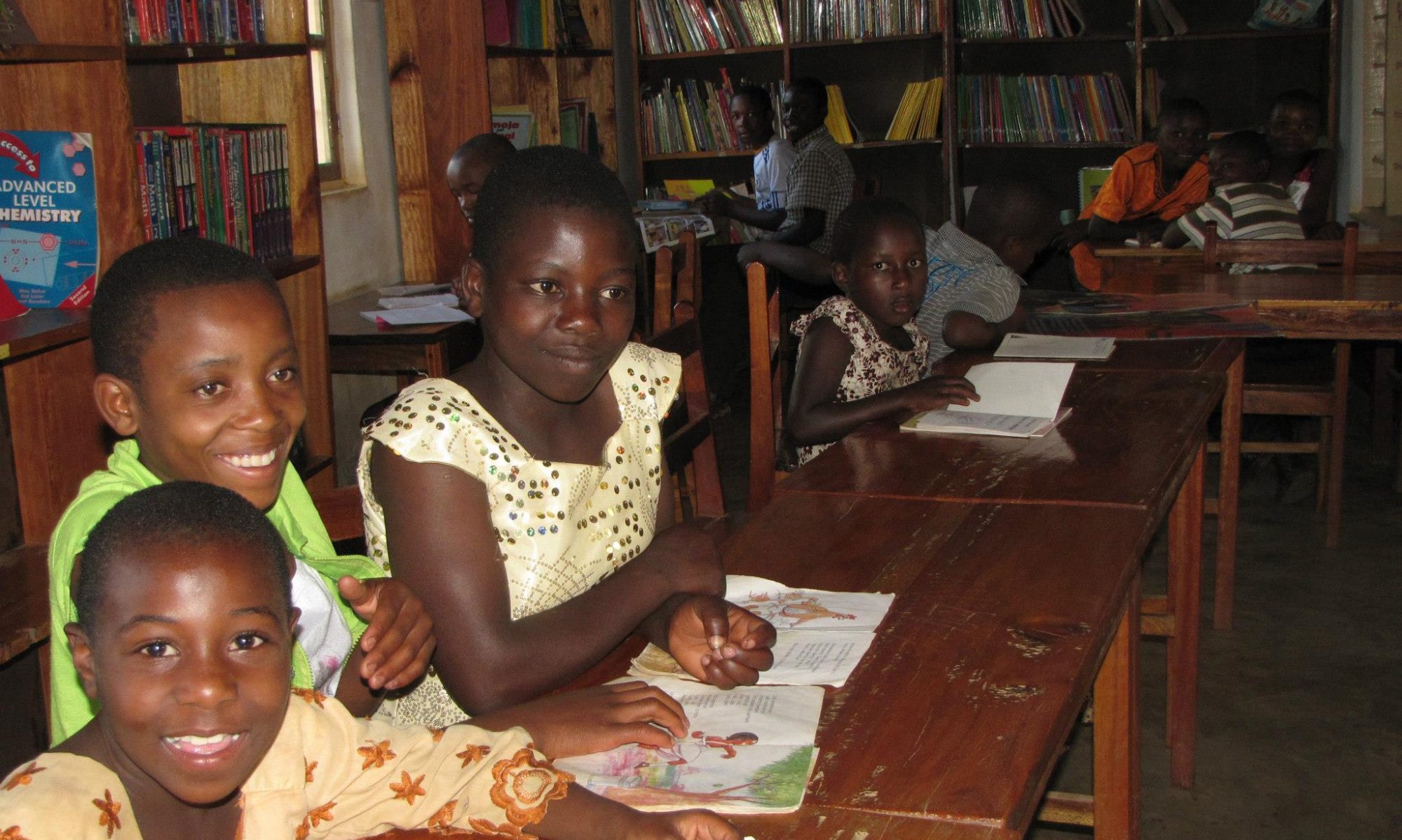More Investment Needed at Pre-Tertiary Levels
This September, the government of Tanzania in conjunction with the African Development Bank (AfDB) launched the Technical Vocational Education and Teacher Education (TVET-TE) project in order to increase access to and the quality of technical and vocational education and training (AfDB, Government of Tanzania Launch U.S. $57 Million in Support to Technical Vocational Education and Training Project). Valued at 57 million dollars, the program will improve facilities at 13 institutions and will support increased use of Information and Communication Technology (ICT) at 53 schools across the country.
The project is part of the Technical and Vocational Education and Training Development Programme (TVETDP) which was launched in 2013. While the initiative is intended to increase the number of skilled workers, the article admits that the project’s impact may be constrained due to the lack of secondary school math and science teachers in the country. As many technical and vocational training programs require a solid foundation in the sciences, the lack of teachers prepared to provide students with this foundation may impede TVET-TE’s efficacy.
TETEA understands the need to improve tertiary education (both higher and technical and vocational), but is concerned that focusing on these sectors before resolving problems at the secondary and primary school levels is problematic. The shortage of math and science teachers, for instance, has been a concern of the government’s for over a decade and yet the problem persists. Working to improve the number of trained teachers as well as the quality of instruction (in particular focusing on building teachers’ content area knowledge and understanding of teaching and evaluation methods, developing modern curricula and providing greater access to educational resources) at the pre-tertiary levels is necessary in order to ensure that individuals are ready for tertiary programs.
Source:
http://www.afdb.org/en/news-and-events/article/afdb-government-of-tanzania-launch-us-57-million-in-support-to-technical-vocational-education-and-training-project-13554/

